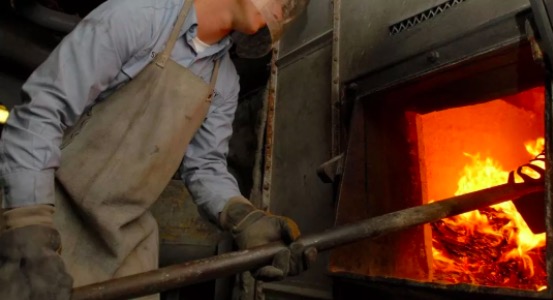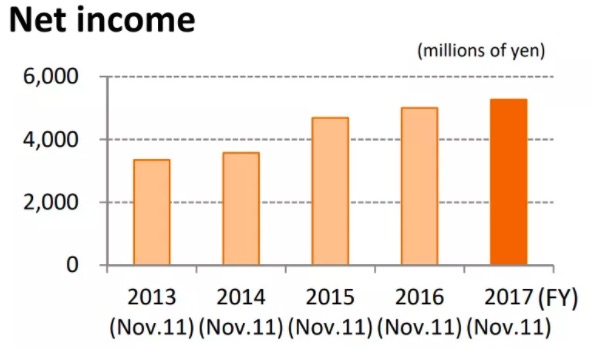Japan's Maozhi company, also known as Nikke company, is preparing to produce non-woven filter for dust collection room of waste incinerator in China.
Japanese companies are seeking a foothold in the Chinese market due to slowing demand in the local market and improving environmental regulations in China.
Nikke will invest 300 million yen (about $2.83 million) to introduce new production lines at its subsidiary ambic's Jiangyin plant in Jiangsu Province. It is expected that by 2022, the project will triple the annual comprehensive production capacity of Japan and China to 580000 square meters. The plant currently produces filters for thermal power stations, but never incinerator filters.
Ambic produces incinerator filters at the kagogawa plant in Hyogo County, western Japan. The annual production capacity of the factory is about 200000 square meters. In the fiscal year 2018, which began last December, the company plans to supply 70000 square meters of filtration products to customers in Japan.

Thanks to economic growth and a surge in waste, Nikke expects the number of incinerators in China to more than tenfold.
Currently, Nikke exports very little products to China. By the end of 2022, when the new production line is completed, Nikke hopes to sell about 400000 square meters of filter products in China.
The filter of the incinerator needs to be made of high-performance non-woven fabric, able to withstand high temperature and chemical resistance. Ambic's nonwovens claim to be the best fibers in the world and are resistant to clogging. Nikke's filters last five years, about 50% longer than competing products.

At present, there are few Japanese competitors in China's incinerator filter market, and Nikke said its main competitors are Chinese manufacturers and European companies. Ambic hopes to increase its sales in China by promoting the performance of its filters and low-cost replacement, and hopes to increase its market share in China from about 3% at present to 12% by 2022.